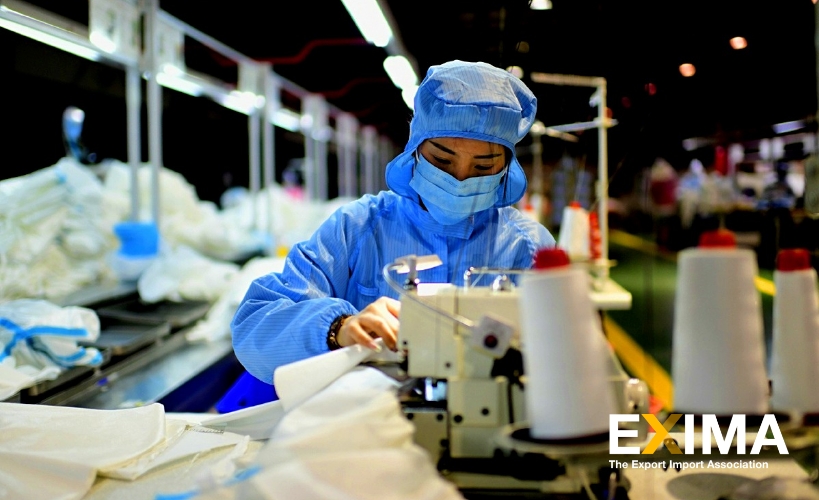China has recently implemented a number of reforms that have caused some confusion in the West. Stock prices for IT companies have plummeted as a result of new regulations. The government also practically banned online tutoring, causing some of the largest online tutoring companies to lose more than 90% of their market capitalization.
Offshore investors are scratching their heads as they observe all of this. Why are Chinese regulators harming some of the country’s largest and most powerful companies?

Inequality and Power Shift
What may seem like random regulations to the outside world is actually a planned refocusing of Chinese state capitalism. Tech companies like Alibaba or Tencent have grown immensely powerful in recent years, which has caused the Communist government to worry.
First, the Chinese Communist Party doesn’t want to share its power with competitors from the private sector. Alibaba Chairman Jack Ma even disappeared for some time, rumored to have been arrested by the communist leadership.
Second, the Chinese government is worried about rising inequality in the country. The rise of big corporations has concentrated power, opening the door to monopolistic behaviors. To prevent that from happening, the government has stepped in.
The regulations of online tutoring are to be seen in a similar light. Online tutoring puts enormous pressure on families to give their kids the best education possible. That, in turn, means kids whose parents can’t afford it get left behind. The result is greater inequality, as only the kids of affluent parents will have a shot at a successful career.
Moreover, the government may also not appreciate foreign online tutors lecturing Chinese kids.
More Policy Support
Regulations are not the only way the government is trying to halt inequality. It is also actively trying to support SMEs.
As a result, policy changes have been announced, according to a circular released by the General Office of the State Council. SMEs are seen as the main force behind national economic and social development. However, they face a magnitude of struggles from rising corporate costs and operational difficulties due to higher raw material prices, logistics costs, and COVID-19 to frequent power cuts in some regions.
The new SME support policies include increasing funding support, tax and fee reductions, and support with financial policy tools. Manufacturing SMEs will be permitted to defer certain tax payments in Q4 2022. Small and micro-enterprises, heavily impacted by the pandemic, floods, and increasing materials price, will receive additional lending support.
To support larger, stock-listed SMEs in their effort to get access to finance, the government will open a new stock exchange in Beijing that exclusively focuses on SMEs.
To put these ambitions into action, all departments and local authorities shall take on further responsibilities and write the government announcement. They shall make bold changes and innovations, help SMEs cope with difficulties, and ensure that all policies and measures are well implemented.

Learn More with EXIMA
Found this article helpful? Check out the rest of our site for more!



